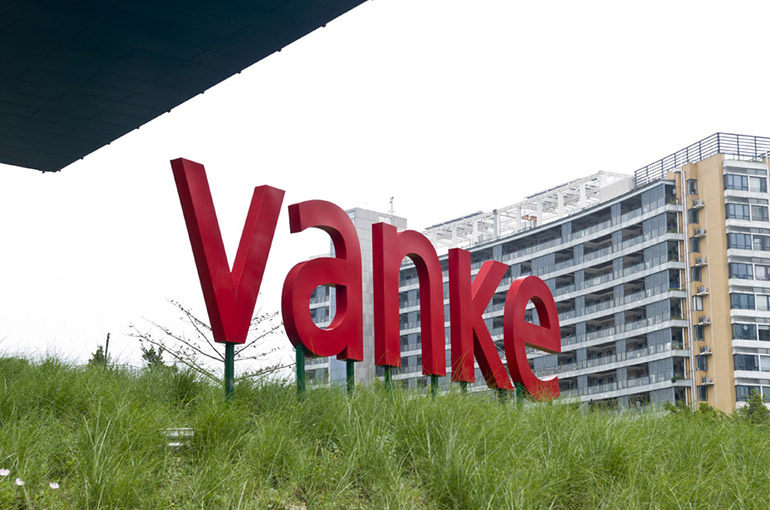 China Vanke’s Stock Falls After Developer Calls Off Private Placement
China Vanke’s Stock Falls After Developer Calls Off Private Placement(Yicai) Aug. 31 -- China Vanke’s shares fell after the property developer said it has decided to terminate its private placement plan because its Chinese mainland-listed stock price is too low.
Vanke [SHE: 000002] was trading down 3.2 percent at CNY13.75 (USD1.89) as of lunch break in Shenzhen today. The firm’s Hong Kong-listed shares [HKG: 2202] dropped 3.8 percent to HKD9.15 (USD1.17).
“The move will not materially and adversely affect Vanke’s daily production and operations,” Shenzhen-based Vanke said late yesterday.
Vanke planned to raise as much as CNY15 billion (USD2.1 billion) by selling 1.1 billion new shares, equal to 9.5 percent of the total, to up to 35 investors, it said on Feb. 12.
The shares would be priced at no less than 80 percent of the average in the last 20 trading days and no lower than its net asset value per share, Vanke noted. But its Shenzhen-listed stock closed at CNY17.66 on Feb. 13, much lower than its net asset value per share of CNY20.87 at the end of last year and CNY20.90 as of June 30.
Since the private placement was approved by a general meeting of shareholders in March, investors have expressed concern about the pricing and dilution.
“If the issue price is lower than the net asset value per share, the net asset value per share will decline, diluting the assets of existing shareholders, including small and medium investors,” Wang Jiayi, a lawyer at Guanghe Law Firm, told Yicai.
Vanke also released its first-half financial results yesterday. Net profit fell 19 percent to CNY9.9 billion (USD1.4 billion) in the six months ended June 30 from a year ago. Revenue fell 2.9 percent to CNY200.9 billion (USD27.6 billion).
Vanke sold properties with a total area of 12.97 million square meters in the period, up 0.5 percent, achieving sales of CNY203.9 billion, 5.3 percent decline.
With a net gearing ratio below 50 percent, Vanke’s liquidity is not tight. Since last year, it has issued CNY39.6 billion of bonds, but lackluster house prices shrank Vanke’s consolidated gross profit margin to about 19 percent in the first half of 2023, from around 36 percent in the same period of 2019.
Editor: Futura Costaglione